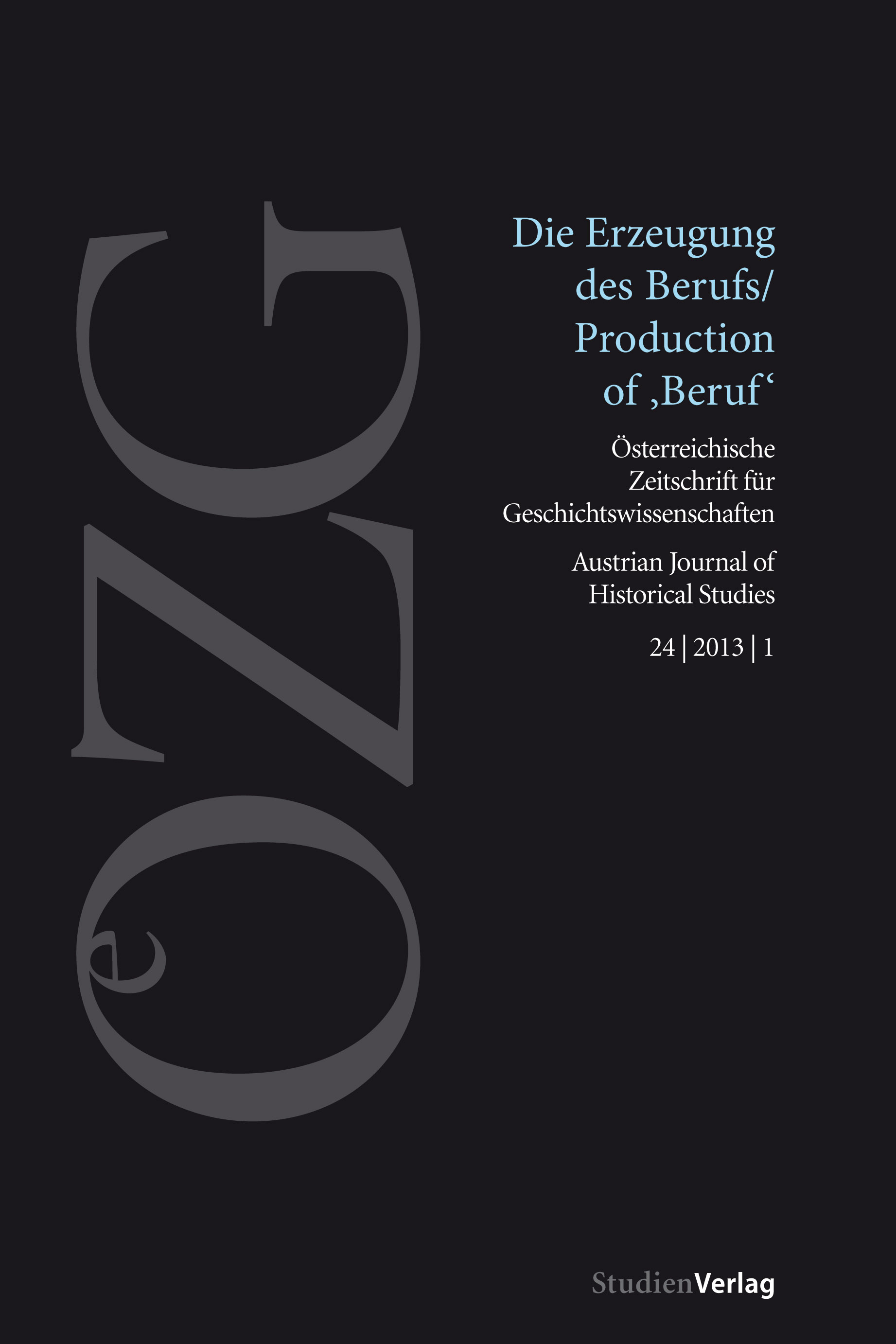Vom äußeren Zwang zur inneren Verpflichtung
Überlegungen zur historischen Semantik von „Arbeit“ und„Beruf“ in Max Webers ‚Protestantischer Ethik‘
DOI:
https://doi.org/10.25365/oezg-2013-24-1-10Schlagworte:
Protestant ethic, work ethic, vocation, historical semantics, modern capitalismAbstract
This essay attempts to reconsider Weber’s The Protestant Ethic and the Spirit of Capital- ism (= PE) in the light of recent historical research. First, it briefly reviews Weber’s concept of modern capitalism. Second, it reassesses Weber’s account in the emergence of PE of the modern notion of “calling” (Beruf) in Luther. Third, the paper provides a survey of modern research on long-term changes within the semantic field of work, labour, occupation and employment. It thus supports Weber’s key argument that Protestantism, with its positive work ethic, departed radically from the arrogant contempt of manual labour typical of the ruling classes in antiquity and the Middle Ages. Fourth, the author examines Weber’s claim that the rising middle classes were the social carrier of the Protestant ethic. This is read as a serious blind spot. Weber provides neither a proper definition of the ‘middle classes’ nor any historical evidence. Moreover, he does not even consider (let alone discuss) the possibility that the working classes themselves might have been a positive force in the emergence of the modern work ethic. Therefore, the PE needs to be extended along these lines if it is to remain valuable as an agenda for historical research.


